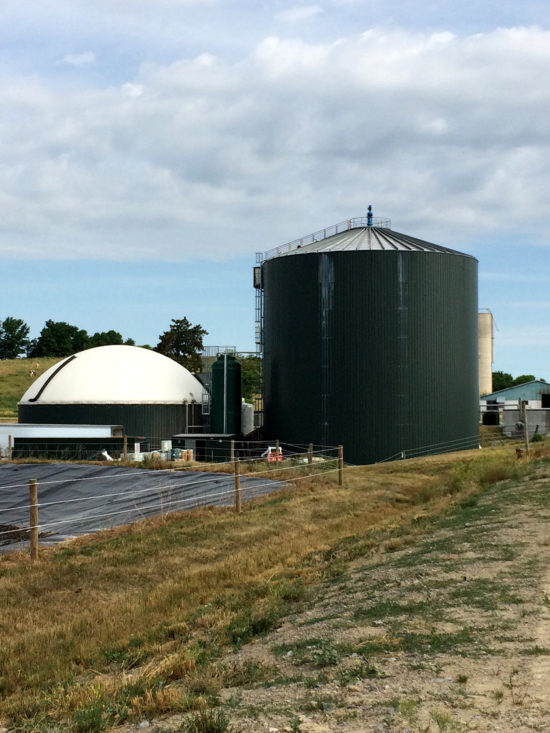“Is anaerobic digestion contributing to antibiotic resistance?”
” New research is suggesting that advanced anaerobic digestion and reverse osmosis filtration in agriculture could be leaving behind ‘concerning levels’ of antibiotic residues.
According to the World Health Organisation: “Antibiotics are medicines used to prevent and treat bacterial infections. Antibiotic resistance occurs when bacteria change in response to the use of these medicines.”
WHO claims antibiotic resistance is one of the biggest threats to global health, food security and development today. The problem also exists in agriculture. When farmers repurpose animal manure as fertiliser or bedding, traces of antibiotics can leach into the environment – contributing to the rise of antibiotic-resistant bacteria.
Two new studies by Diana Aga, PhD, Henry M. Woodburn Professor of Chemistry in the University at Buffalo College of Arts and Sciences found that both advanced AD and reverse osmosis filtration do not fully remove antibiotics from manure.
In addition, the researchers have also found that the solid matter often filtered out from raw, wet manure before the treatment technologies are implemented contains higher concentrations of antibiotics than unprocessed manure. This material is often released into the environment either as animal bedding or fertiliser.”
Source: BioEnergy Insight



